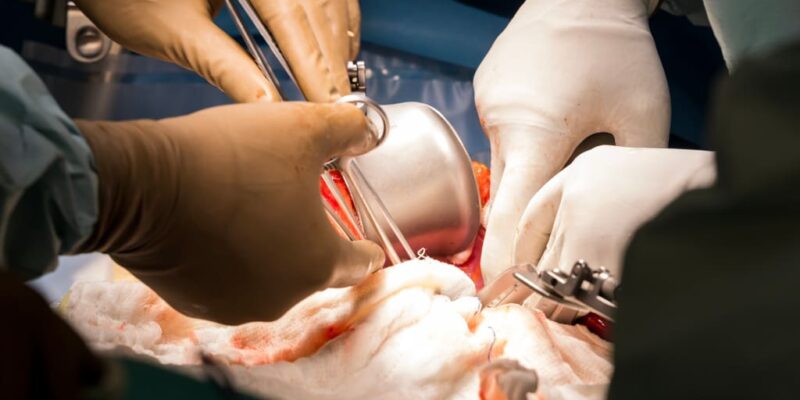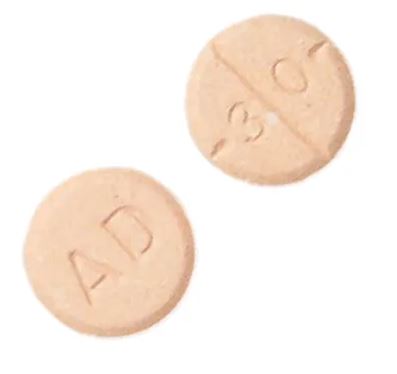
Colon and rectal injuries, whether from trauma, disease, or other conditions, require expert care to ensure proper healing and to prevent further complications. A Colorectal Surgeon in Glendale is crucial in diagnosing, managing, and treating these injuries with precision and care. Dr. Armen Gregorian, MD, is a leading colorectal surgeon specializing in treating colon and rectal injuries, offering patients in Glendale and beyond the highest standard of care.
Understanding Colon and Rectal Injuries
What Causes Colon and Rectal Injuries?
Colon and rectal injuries can result from various causes, including:
- Trauma: Physical injury from accidents, falls, or blunt force can lead to damage to the colon or rectum.
- Surgical Complications: Complications from previous surgeries in the abdominal or pelvic area can result in colon or rectal injuries.
- Inflammatory Conditions: Diseases like Crohn’s disease, ulcerative colitis, or diverticulitis can cause inflammation that leads to injuries in the colon and rectum.
- Cancer: Tumors in the colon or rectum can weaken the tissues, making them more susceptible to injury.
A Colorectal Surgeon in Glendale, like Dr. Armen Gregorian, MD, is trained to handle these injuries comprehensively, ensuring that the underlying cause is addressed and that healing occurs with minimal complications.
Symptoms of Colon and Rectal Injuries
Common symptoms of colon and rectal injuries include:
- Severe abdominal pain
- Rectal bleeding or blood in the stool
- Bowel obstruction or changes in bowel habits
- Fever and signs of infection
- Unexplained weight loss
These symptoms require immediate medical attention, and a Colorectal Surgeon can provide the necessary diagnostic tests and treatment to address the injury effectively.
Diagnostic Process
How Are Colon and Rectal Injuries Diagnosed?
The first step in treating colon and rectal injuries is a thorough diagnosis. This involves a combination of medical history review, physical examination, and specialized tests.
Essential Diagnostic Methods Include:
- Imaging Studies: CT scans, MRI, or X-rays help visualize the extent of the injury and any associated complications.
- Endoscopy: A colonoscopy or sigmoidoscopy allows the surgeon to view the inside of the colon and rectum directly and assess the damage.
- Lab Tests: Blood tests can detect signs of infection, inflammation, or other abnormalities that may indicate an injury.
Dr. Armen Gregorian, MD, utilizes advanced diagnostic tools to ensure an accurate diagnosis, enabling each patient’s most effective treatment plan.
Treatment Options for Colon and Rectal Injuries
Non-Surgical Treatments
Non-surgical treatments may be sufficient for less severe injuries to promote healing and manage symptoms. These may include:
- Medication: Anti-inflammatory drugs, antibiotics, and pain relievers can help reduce inflammation, treat infections, and alleviate pain.
- Dietary Changes: A specialized diet may be recommended to reduce strain on the colon and rectum, promoting healing.
- Monitoring: Regular follow-up appointments are crucial to ensure that the injury is healing correctly and that no further complications arise.
A Colorectal Surgeon in Glendale may recommend non-surgical options as a first-line treatment, especially if the injury is mild and the patient responds well to conservative measures.
Surgical Treatments
In cases where the injury is more severe or if non-surgical treatments are ineffective, surgery may be necessary. Surgical options vary depending on the location and severity of the injury and the underlying cause.
Essential Surgical Procedures Include:
- Resection: In cases of severe injury or disease, part of the colon or rectum may need to be surgically removed. The remaining healthy sections are then reconnected.
- Colostomy: If the colon or rectum cannot be immediately reconnected, a temporary or permanent colostomy may be required. This procedure diverts waste through an opening in the abdominal wall.
- Repair of Perforations: If the injury involves a perforation (a hole in the colon or rectum), immediate surgical repair is necessary to prevent infection and other complications.
Dr. Armen Gregorian, MD, is experienced in performing these complex surgeries, ensuring that patients receive the best possible outcomes with the least risk of complications.
Recovery and Follow-Up Care
Post-Surgery Care
Recovery from colon or rectal surgery requires careful monitoring and follow-up care. A Colorectal Surgeon in Glendale will provide detailed instructions on wound care, diet, activity restrictions, and medication use to promote healing and prevent complications.
Essential Post-Surgery Care Tips:
- Follow dietary recommendations to ease digestion and prevent strain on the healing colon or rectum.
- Attend all follow-up appointments to monitor progress and address any issues early.
- Watch for signs of infection, such as increased pain, redness, or fever, and seek medical attention if they occur.
Long-Term Management
Long-term management is essential for patients with chronic conditions like Crohn’s disease or ulcerative colitis to prevent the recurrence of injuries. Regular monitoring, lifestyle adjustments, and medication adherence are critical components of long-term care.
Critical Points for Long-Term Care:
- Regular check-ups with a Colorectal Surgeon to monitor the condition.
- Adherence to prescribed medications and dietary recommendations.
- Awareness of symptoms that may indicate a recurrence or complication.
FAQs
Q1: Can all colon and rectal injuries be treated without surgery?
Not all injuries can be treated non-surgically. The treatment approach depends on the severity and cause of the injury. A Colorectal Surgeon will evaluate each case individually to determine the best course of action.
Q2: How long is the recovery period after colon or rectal surgery?
Recovery time varies depending on the type of surgery performed and the patient’s overall health. It can range from a few weeks to several months.
Q3: What are the risks of not treating a colon or rectal injury?
Untreated colon or rectal injuries can lead to severe complications, including infection, bowel obstruction, and even death. Prompt treatment by a Colorectal Surgeon is crucial.
Q4: Can lifestyle changes prevent future colon and rectal injuries?
Yes, specific lifestyle changes, such as a healthy diet, regular exercise, and avoiding smoking, can reduce the risk of colon and rectal injuries, especially for those with chronic conditions.
Q5: What should I expect during a consultation with a colorectal surgeon?
During a consultation, the surgeon will review your medical history, discuss your symptoms, perform a physical exam, and recommend diagnostic tests. This comprehensive approach ensures an accurate diagnosis and effective treatment plan.
Conclusion
Treating colon and rectal injuries requires a comprehensive approach that includes accurate diagnosis, effective treatment, and careful follow-up care. A Colorectal Surgeon in Glendale, like Dr. Armen Gregorian, MD, is dedicated to providing top-notch care for patients with complex conditions. Whether through non-surgical treatments or advanced surgical interventions, Dr. Gregorian ensures that each patient receives personalized care designed to promote healing and prevent future complications.
Explore More :









